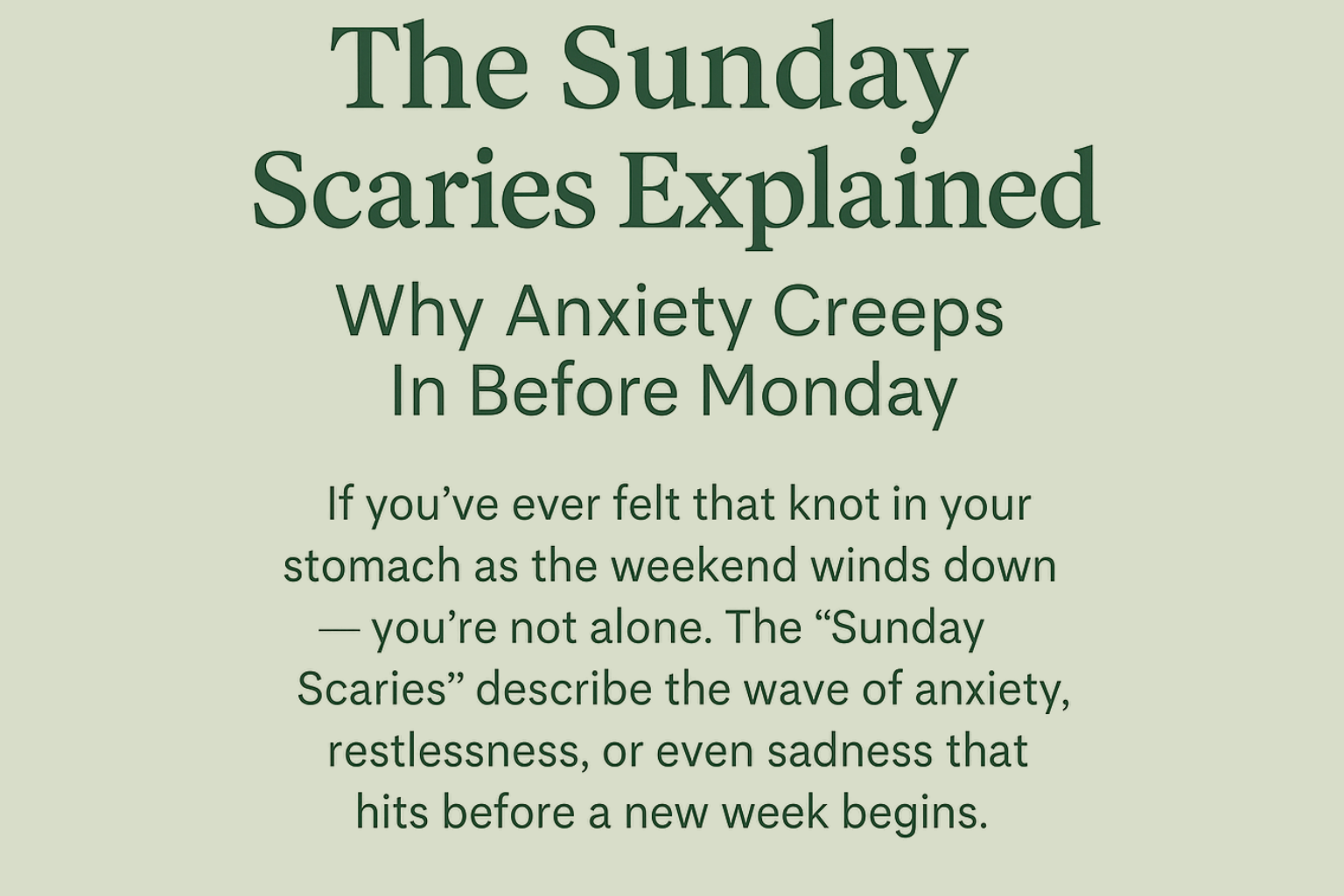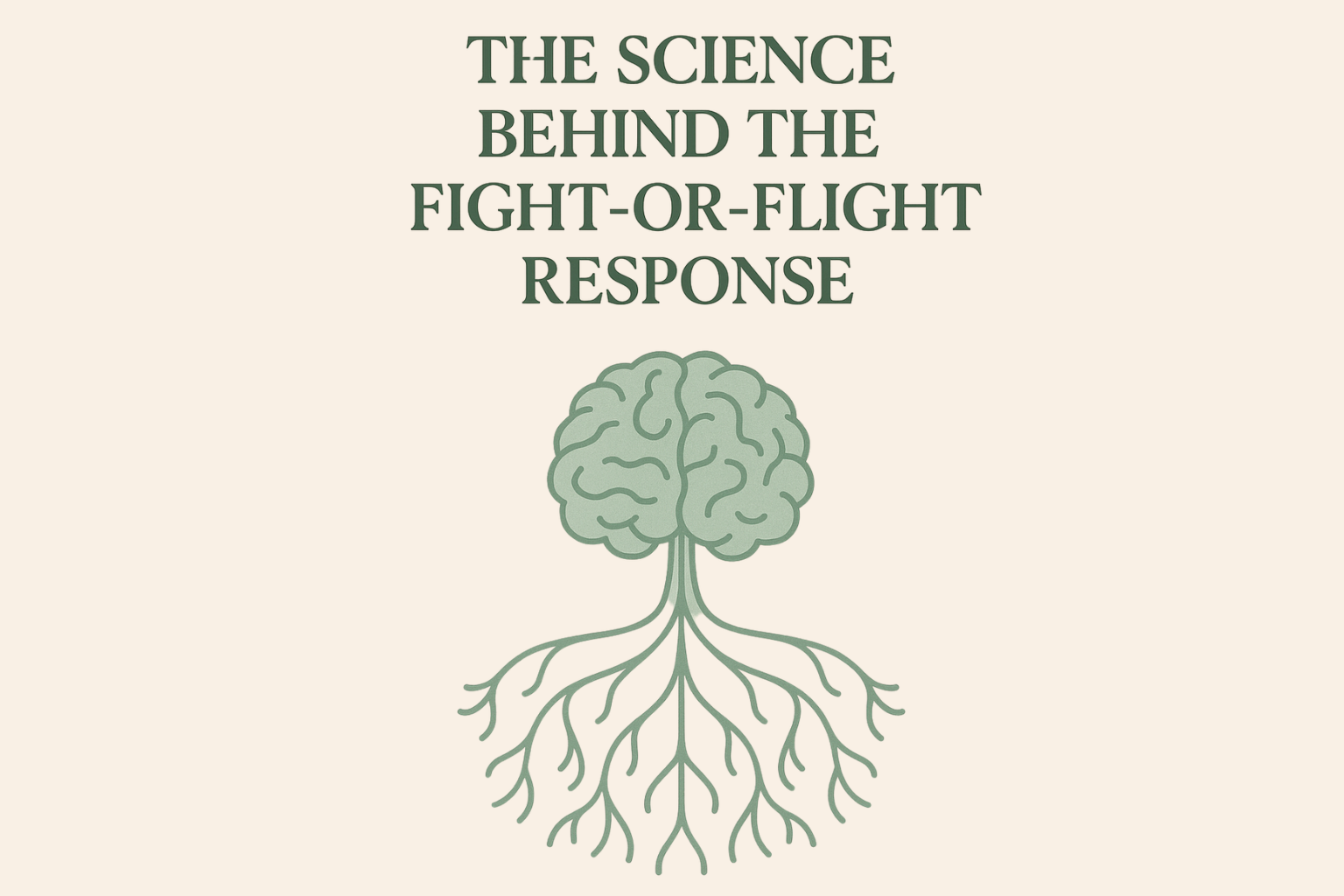Introduction
We all experience stress. Some days it’s the racing thoughts before a big meeting. Other days it’s the overwhelm that creeps in without warning. When life feels heavy, most of us just want to “make it stop.” But here’s the truth: coping skills aren’t just about calming down in the moment. They’re about training your brain and body to respond differently to stress — and that can change everything.
What Coping Skills Really Are
Coping skills are strategies we use to manage stress, emotions, and challenges. They’re not about ignoring problems or pretending everything is fine. Instead, they give your nervous system a way to reset, so you can think clearly, make better decisions, and feel more in control.
Think of them as tools in a toolbox: you wouldn’t use a hammer for every job, and you don’t need just one coping skill for every situation. Having a variety of skills makes you more flexible and resilient.
My Four Core Coping Skills Framework
After 20 years as a therapist, I’ve found that nearly every coping strategy fits into four core categories:
- Calming the Body – breathing exercises, progressive muscle relaxation, guided imagery.
- Shifting the Mind – reframing thoughts, practicing gratitude, challenging assumptions.
- Grounding in the Moment – sensory awareness, 3-3-3 method, mindful observation.
- Building Daily Resilience – journaling, self-care routines, creative expression.
When you know which type of skill you need in the moment, coping stops feeling random and starts feeling reliable.
Common Mistakes People Make
Even with the best intentions, many people stumble with coping skills. The three biggest mistakes I see are:
- Using them only when you’re already overwhelmed – Coping is most effective when you practice consistently, not just in crisis.
- Relying on just one strategy – Deep breathing might help one day, but journaling might be what your brain needs the next.
- Expecting instant results – Like any skill, coping takes repetition. The more you use them, the more natural they become.
Final Encouragement
Coping skills aren’t about “fixing yourself.” They’re about giving yourself choices. They remind you that you’re not powerless in the face of stress — your body and mind have built-in ways to reset, and you can train yourself to use them.
If you’re ready to take the next step, my Four Core Coping Skills Workbook to Reverse Fight or Flight walks you through each skill with step-by-step exercises, therapist tips, and room to practice until they become second nature.
You don’t have to go through stress alone. With the right tools, you can build resilience, one step at a time.



